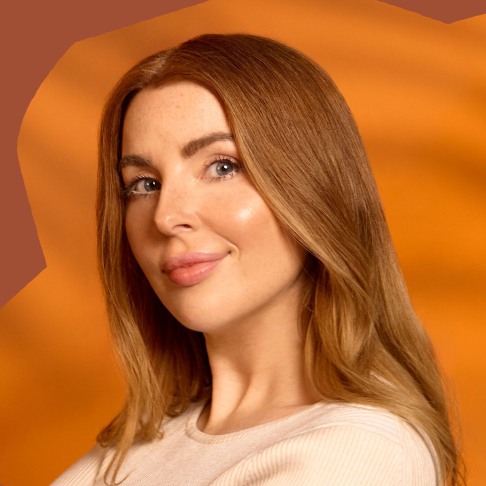- News
- Health
About a third of people in the UK battle with insomnia and struggle to get to sleep and stay asleep
Rebecca WhittakerThursday 27 November 2025 10:02 GMTComments
 CloseHow much should you sleep?
CloseHow much should you sleep?
Get the Well Enough newsletter by Emilie Lavinia and make sense of the wild world of wellness
Get our wellbeing editor's newsletter: Well Enough by Emilie Lavinia
Get the Well Enough email by Emilie Lavinia
 Email*SIGN UP
Email*SIGN UPI would like to be emailed about offers, events and updates from The Independent. Read our Privacy notice
Tai chi could be the perfect exercise for managing insomnia, a study has revealed.
The mind-body exercise helps to boost balance, strength and flexibility, but researchers say it also has similar benefits to talking therapy for middle-aged and older people with chronic insomnia.
About a third of people in the UK battle with insomnia - a sleep condition that has been linked to increased risks of cardiovascular diseases, mental disorders, and cognitive impairment.
Cognitive behavioural therapy (CBT) is the preferred treatment for chronic insomnia, because it can help manage stress and worry, but access is often limited by the high costs and low availability of therapists.
Regular exercise is known to help the body relax and get better sleep, but the NHS suggests avoiding anything too energetic 90 minutes before bedtime if it causes sleepless nights. Tai chi in comparison is a holistic form of exercise that can reduce stress, study authors explain.
 Study reveals the exercise that could help insomnia in middle aged and older adults (stock image) (Alamy/PA)
Study reveals the exercise that could help insomnia in middle aged and older adults (stock image) (Alamy/PA)“Tai chi is a holistic mind-body practice integrating physical, psychological, emotional, spiritual, and behavioural components, which has been shown to reduce stress, depressive symptoms, and cognitive hyperarousal,” the study’s authors said.
A trial by the University of Hong Kong, published by the BMJ, compared tai chi to CBT. Data was collected from 200 Chinese adults aged 50 or older diagnosed with chronic insomnia.
Participants were able to walk without assistance, were free of chronic conditions that may affect sleep, were not taking part in regular aerobic or mind-body exercise, had not received previous CBT-I treatment, and were not working shifts.
Half the group practiced tai chi and the other half had CBT therapy for insomnia for one hour twice a week for a total of 24 sessions.
The Insomnia Severity Index (ISI) was used to assess change in perceived insomnia severity at three-month interventions and at 12-month follow-up by scoring symptoms such as difficulty falling and staying asleep, waking up too early and being unable to go back to sleep, and impact on daily life.
At the start of the trial, both groups showed moderate levels of insomnia severity. At month three, the tai chi group showed a reduction of 6.67 points in ISI scores, while the CBT group had a reduction of 11.19 points.
After 15 months tai chi and CBT groups were 9.51 and 10.18, respectively. Both methods benefited quality of life, sleep and mental health.
The authors acknowledge that the positive effects of tai chi may be partially due to participants’ continued practice after the end of the interventions, and say further studies are needed to determine whether the benefits of tai chi can be applied to other countries or regions with different demographic characteristics.
However, researchers concluded: “Our study supports tai chi as an alternative treatment approach for the long term management of chronic insomnia in middle aged and older adults.”
More about
Tai ChiinsomniaTherapyNHSSleepcognitive behavioural therapyStressJoin our commenting forum
Join thought-provoking conversations, follow other Independent readers and see their replies
Comments



